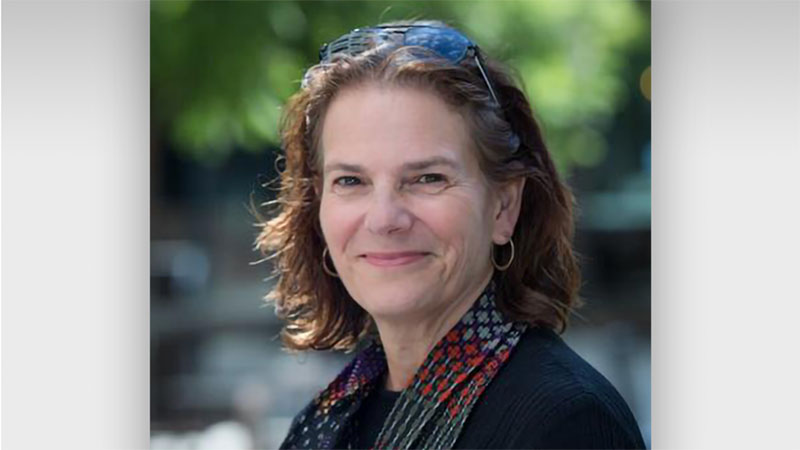
Cancer Screening is of little benefit in persons with dementia but can cause very serious harms. Older persons with dementia have limited life expectancies which makes any benefit from cancer screening very unlikely. This is because cancer screening works by identifying a cancer many years (generally at least 5-10 years) before it would threaten health.
But cancer screening tests cause lots of burdens when given to persons with dementia. The test itself often leads to discomfort, distress, and agitation. Even worse, the results often demand a further cascade of tests that lead to more serious side effects. Sometimes it leads to highly morbid treatment for an asymptomatic cancer that would have never caused any problems in the patient’s remaining life span.
The vast majority of experts in cancer screening and geriatrics agree that cancer screening in persons with dementia is a really really bad idea. So, you would think we would just step doing it. But think again. An important study in the Journal of the American Geriatrics Society, led by Lexy Torke at Indiana University, shows that caregivers often have to work hard to advocate on behalf of their loved ones and protect them from cancer screening.
Torke conducted focus groups with 32 caregivers of patients with dementia. Often, it seemed that patients were being subjected to check box medicine that ignored the special needs of dementia patients. Automated reminders generated by the health system directed the patient and physician to pursue the next round of cancer screening. This is yet another example of how one size fits all guidelines and quality indicators can lead to bad care for frail older patients.
Caregivers knew that they wanted to focus on the quality of life of their family member, but the medical train of inertia conspired against them. Often, caregivers suggesting the test not be done met resistance. For example, one caregiver was told by her mother’s physician, “let’s just do it once more to make sure she gets a clean bill of health.” Good grief.
Many caregivers felt that clinicians seemed blind to the distress these tests often caused for patients. The impact on caregivers was rarely considered. For example, some caregivers noted that the care demands placed on them by a colonoscopy—both the prep before the test, and the care needs afterwards, were exhausting.
Patients with dementia have substantial needs. They need providers focused on their quality of life and symptom management. The management of behavioral symptoms often requires expert and intensive management. They also need providers focused on the burden and quality of life of the caregiver. It seems almost impossible that these important big picture issues are being attended to when a patient with dementia is getting cancer screening.
It is ironic that many health care quality improvement systems credit the provider and health system with good quality of care when a patient with dementia is subjected to cancer screening. It is just the opposite: A virtually certain indicator of poor quality of care.
by: Ken Covinsky



